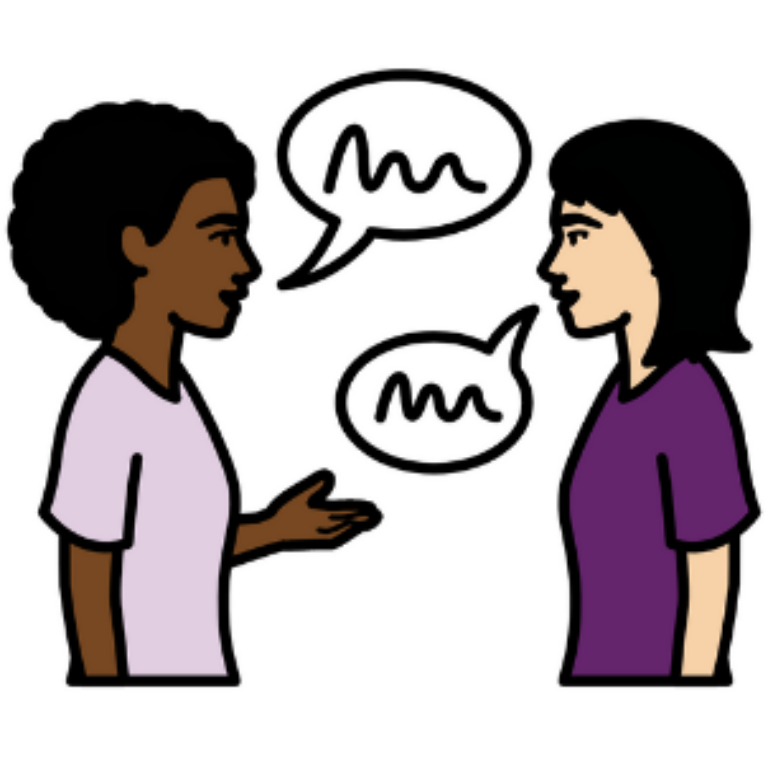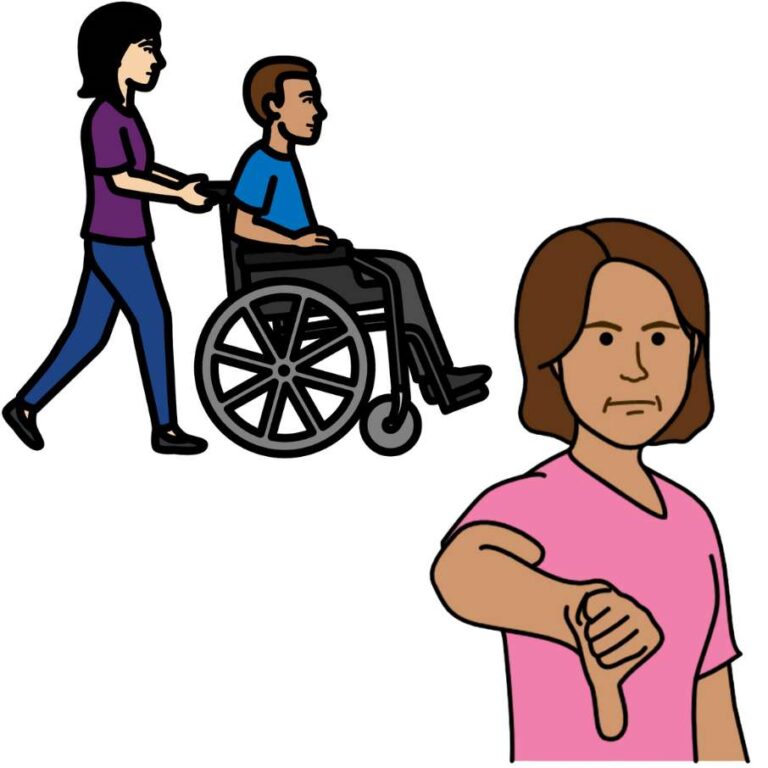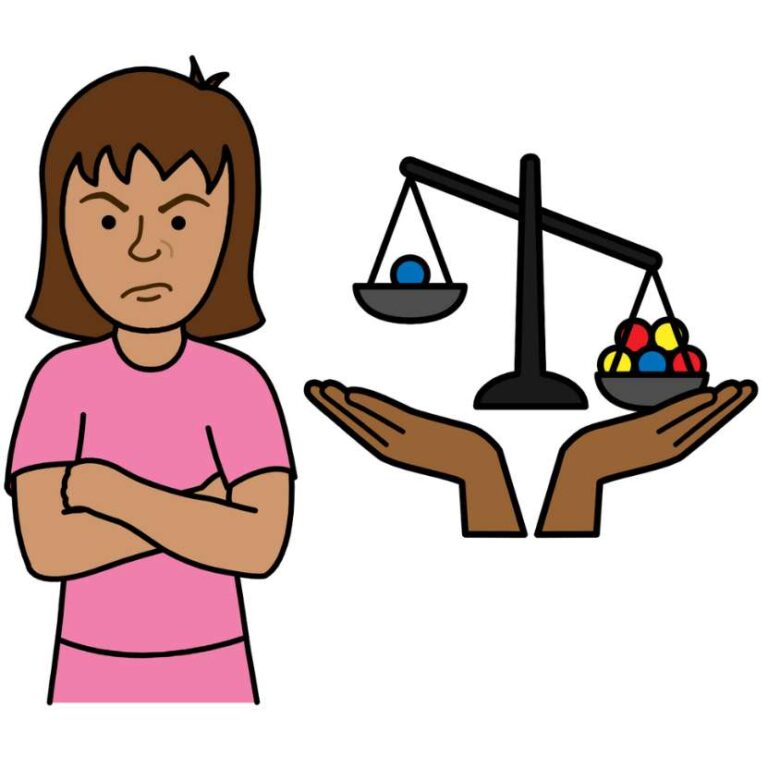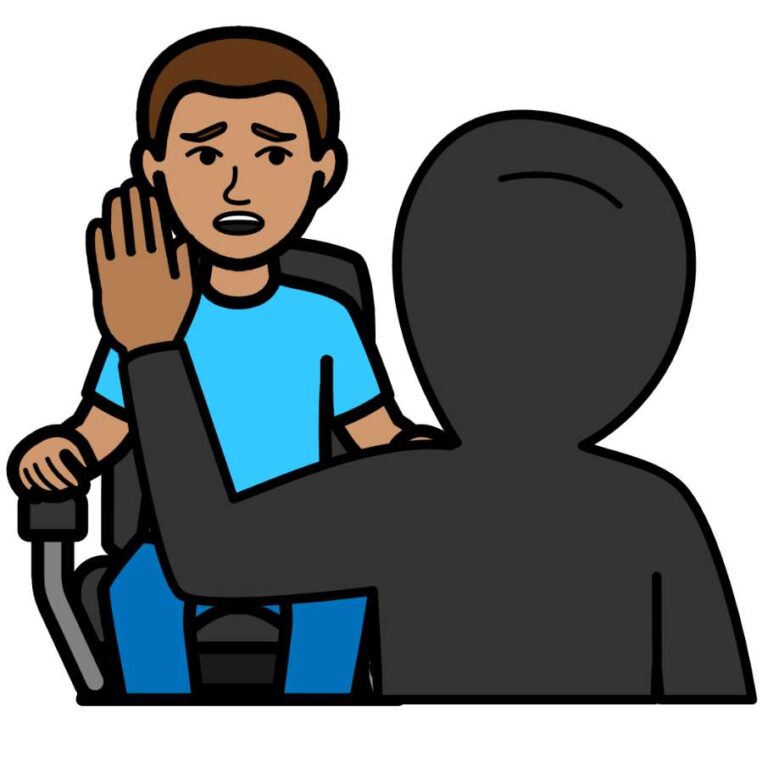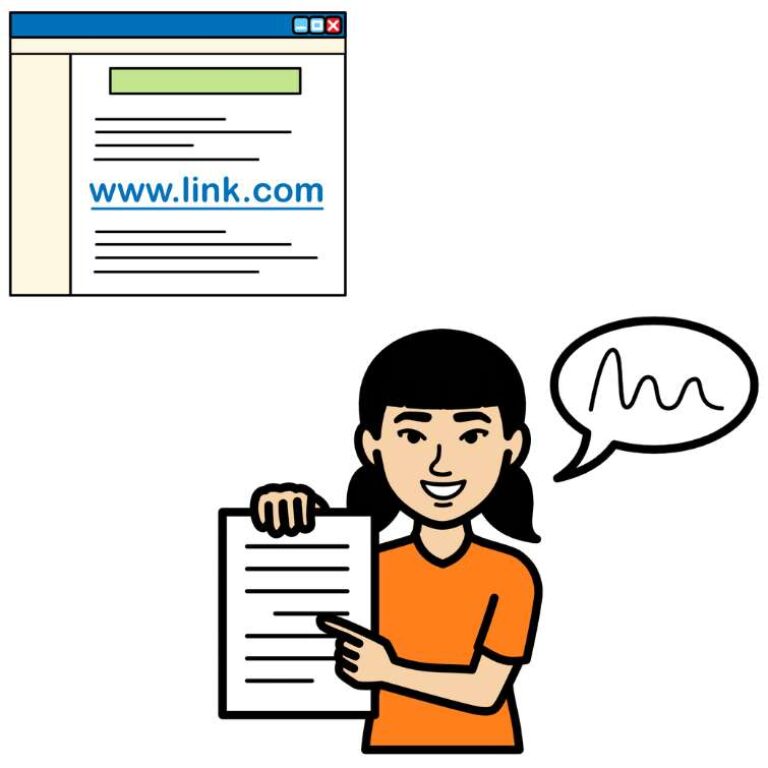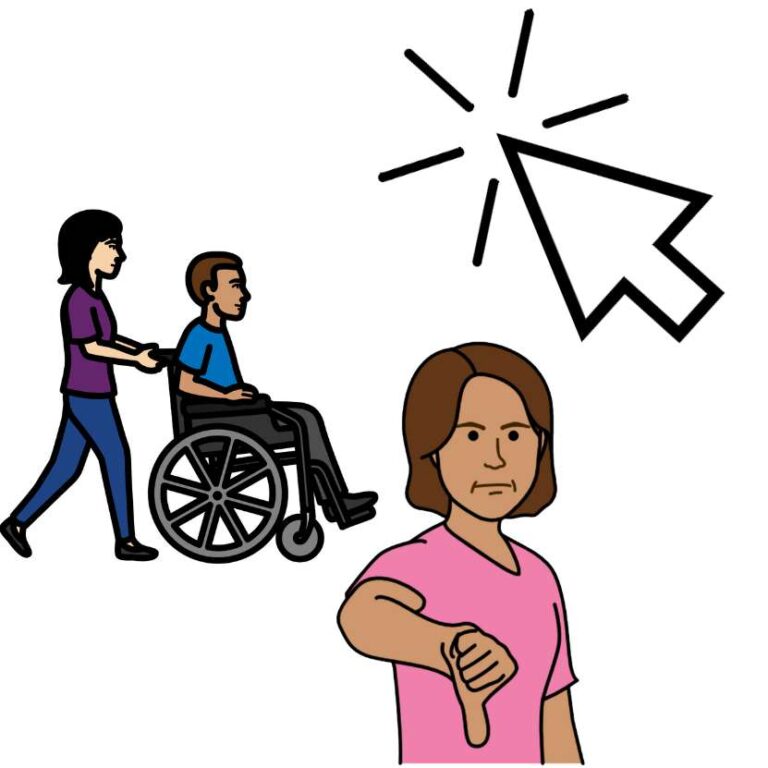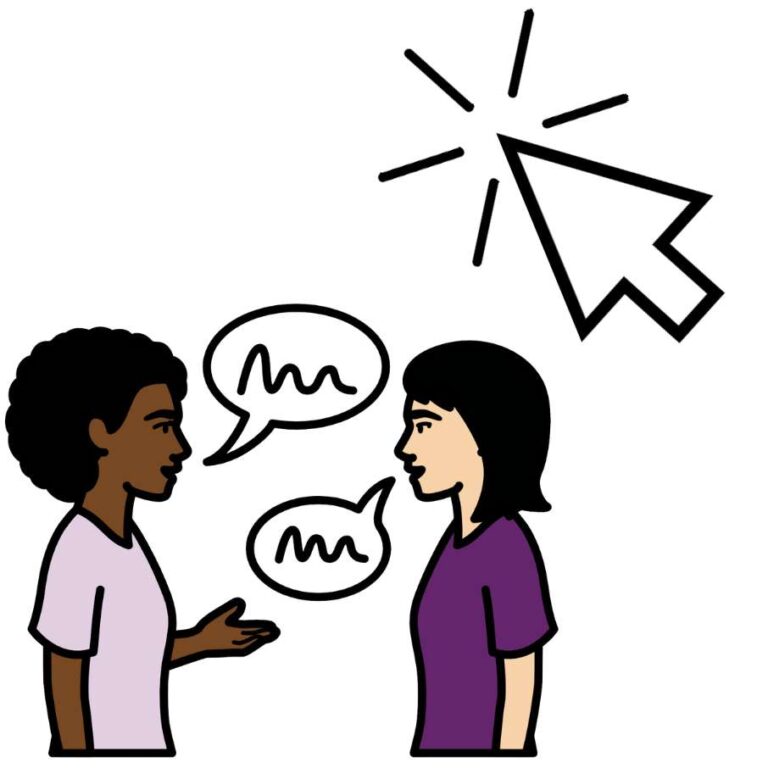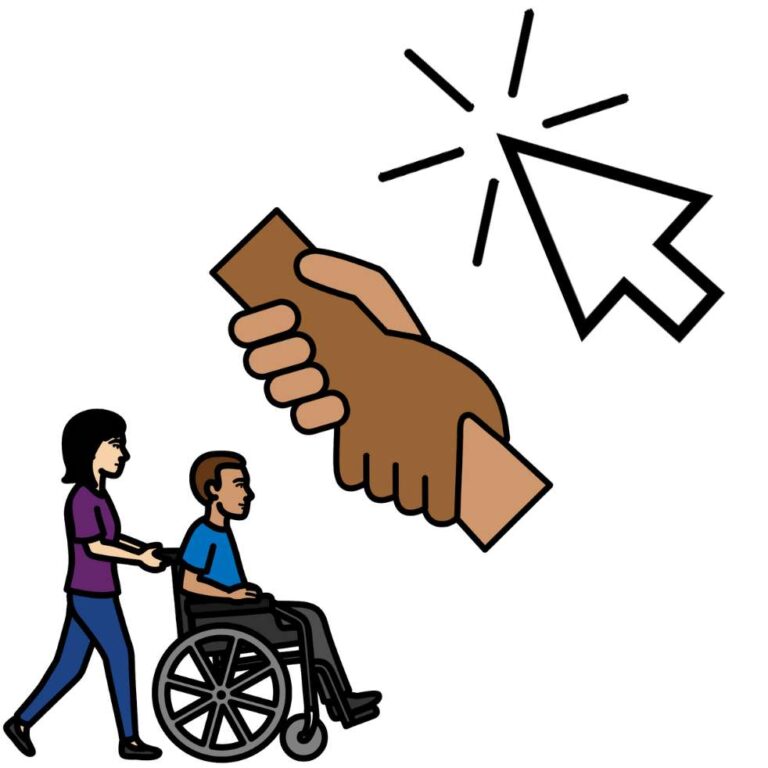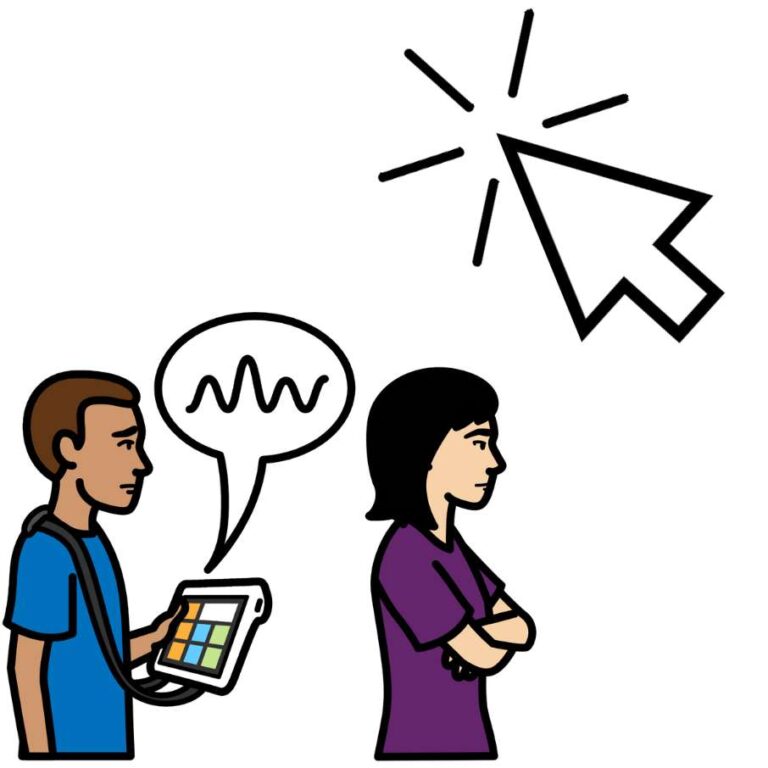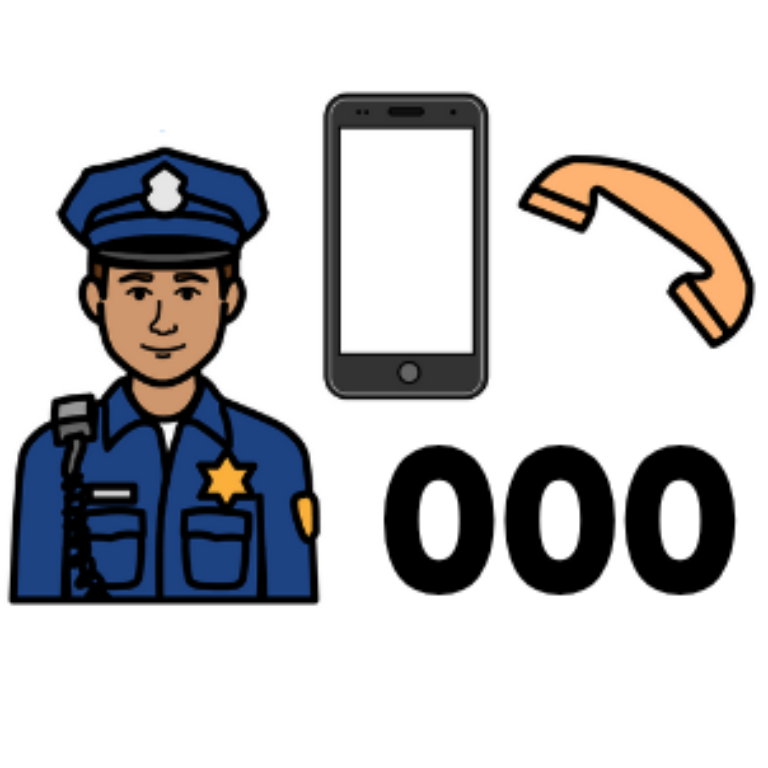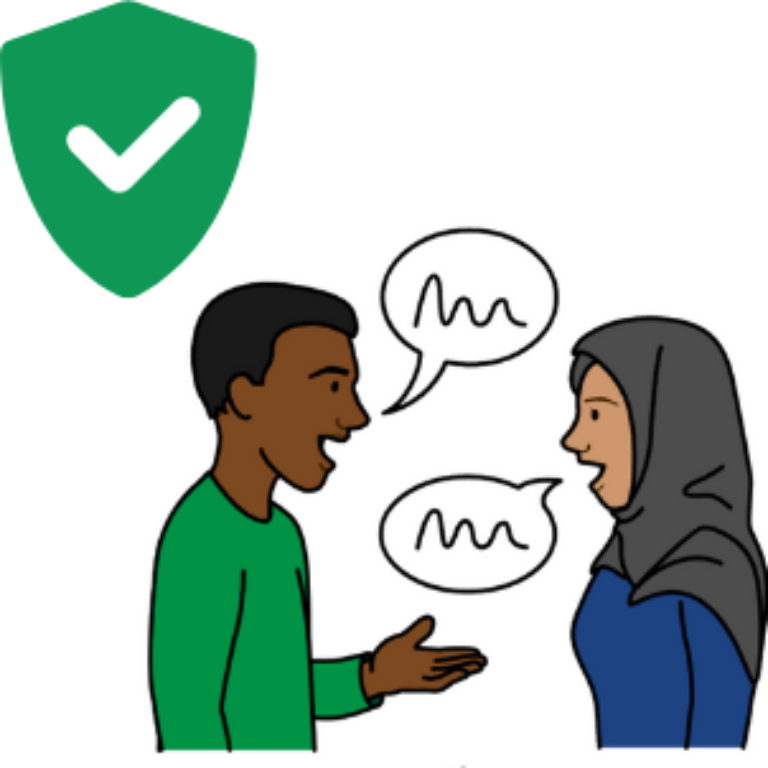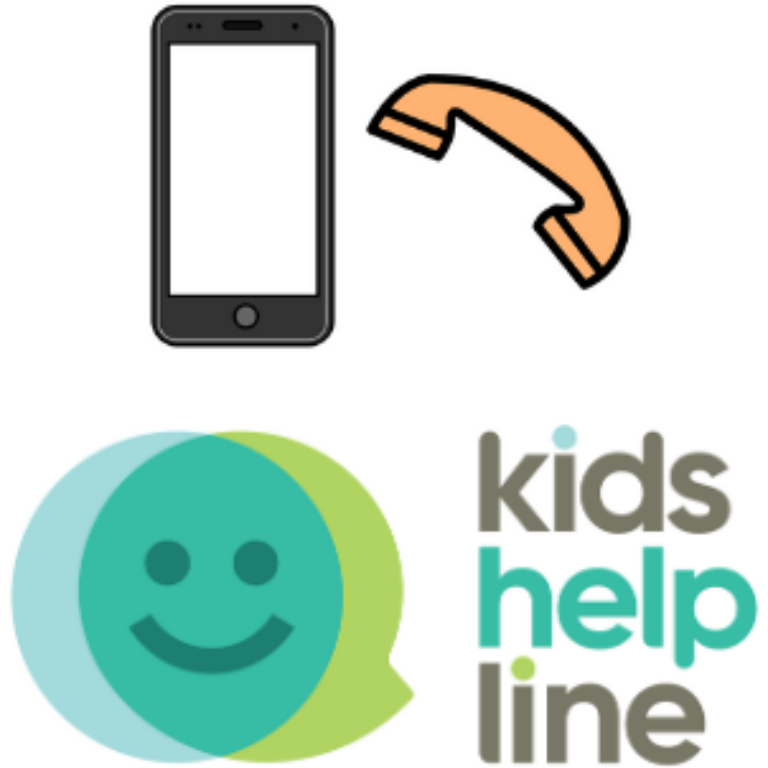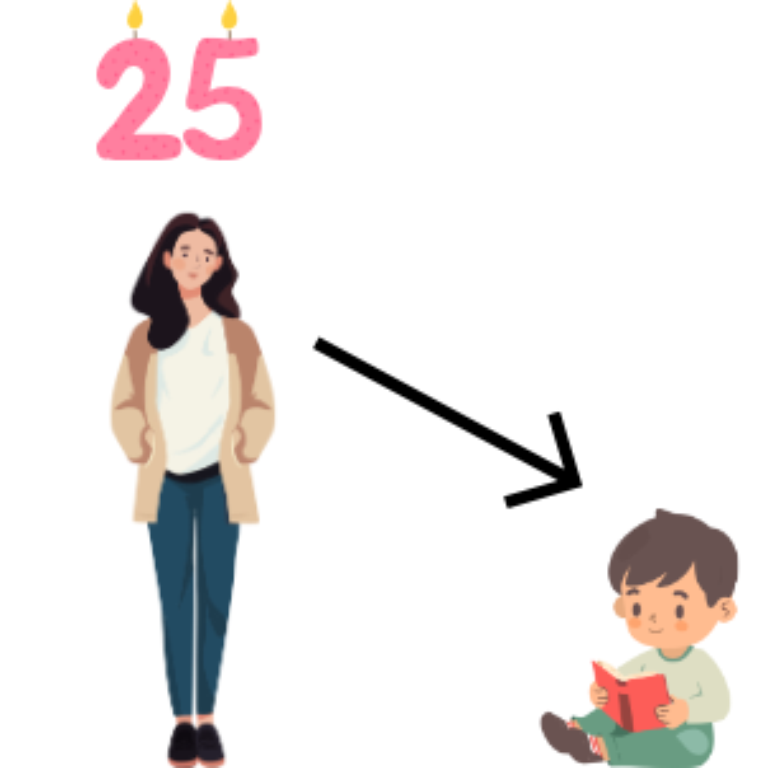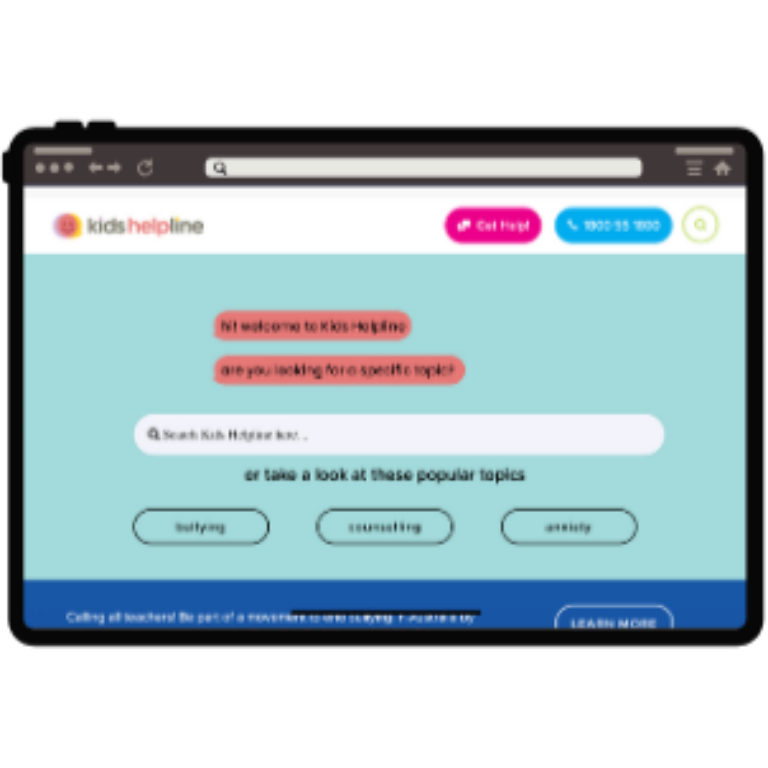Speaking up as a disabled young person
If something feels wrong or unfair, it’s okay to say something.
So, you know something is wrong, but you may be wondering if it’s a big enough problem to speak up about.
The answer is yes!
You have the right to speak up and be listened to—whether it’s about the disability supports you’re getting, how someone is treating you, or anything that makes you feel unsafe or uncomfortable.
These resources will help you recognise when something is wrong and how you can speak up about it.
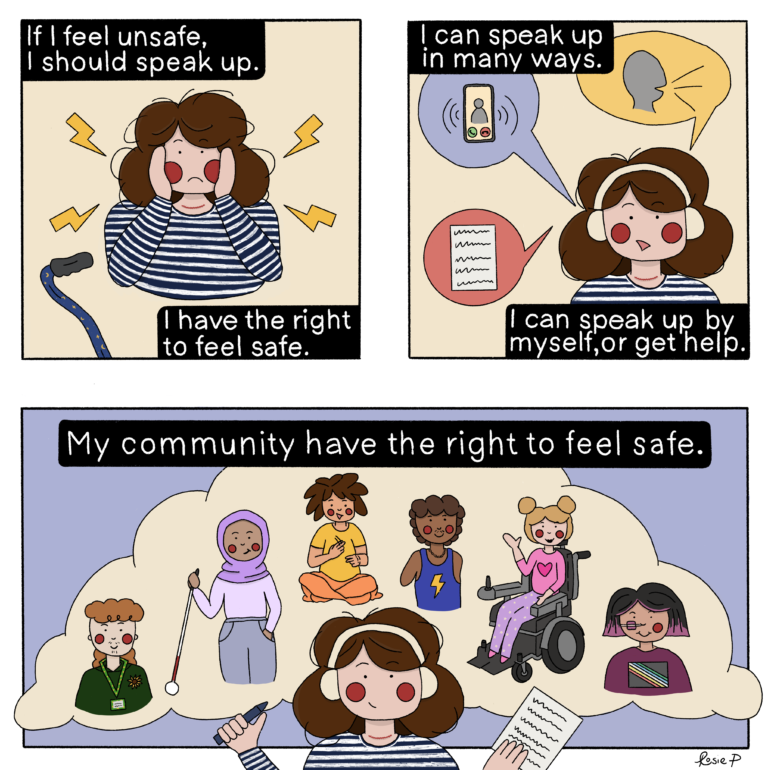
It’s okay to speak up.
No one should make you feel uncomfortable, unsafe, or overlooked —whether that’s at school, at home, with your NDIS supports or anywhere else.
If someone is treating you badly or something is bothering you, it’s important to say something.
Rosie, a disabled young person from Lutruwita/Tasmania, has created an illustration about speaking up.
Resources to help you speak up
Check out the webpages below to learn about how you can speak up and get help.
-
Signs something is wrong
Understand the signs to look for when something is wrong with your disability supports. -
Talking about a problem
Here's how to talk to your support worker or service provider about a problem. -
Where to get help
Find out where you can go if you need help. -
If people don't listen
Here's what to do if you've spoken up about a problem but nothing has changed.
Stay safe
Call 000 if you are in danger now. If someone is hurting you or you feel unsafe, tell someone you trust as soon as you can.
You can also contact Kids Helpline anytime on 1800 55 1800 or chat to them on the Kids Helpline website. They provide free support to people who are 25 years old or younger. No problem is too big or too small.
Kids Helpline has also created a guide to staying safe when leaving right away isn’t an option.
